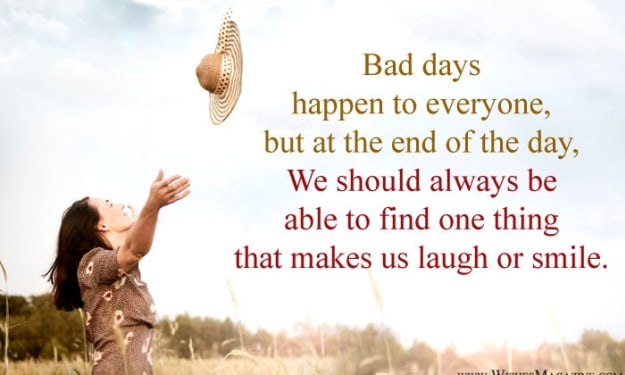
Stress is our body's response to negative situations and real or perceived threats. Sometimes, stress is good. Its main task is to react correctly and quickly to danger. In small quantities, it is normal and even useful. Our body responds to the danger by releasing the hormones adrenaline and cortisol. We go into "Fight or Flight" mode. Did a fellow tribesman raise a baton at you? Beat it! Met a bear?
Adrenaline and cortisol change many processes in the body. This is necessary here and now for survival, but harmful to the body in the long term.
How it manifests itself
It can be a spasm in the abdomen, clenched fists, tense shoulders, tunnel vision (we literally do not see anything around), altered breathing (we stop breathing or breathe. often). Blood rushes to the muscles, the lungs are actively working, the heart is pounding. Now stress often arises from imaginary threats, when in fact nothing threatens us. Lessons, exams, relationships, disgruntled parents and classmates – this is what our brain can take for a threat, constantly releasing these hormones. It is proved that with constant stress, a person's intellectual abilities deteriorate: the ability to think and reason decreases, the new is perceived worse, thinking and logic are disturbed, it becomes impossible to concentrate. The body survives, remember?
How to Help Yourself
Stress does not need to be fought. Because in the word "fight" there is conflict, rejection. Stress is a reaction of our body to the situation, so it is very important to accept it and live it ecologically. We can't reduce this state to zero, but we can reduce it by a couple of points. Then a couple more and so on.
How to Cope with Stress in the Moment
A simple way to relieve stress, which few people use, is to observe their breathing. This is a basic mindfulness meditation. During a difficult situation, a person forgets about how he breathes and what he feels, he focuses only on his irritability. By observing the breath, we shift our attention from conflict to awareness of the breath.
It helps to switch. As long as you breathe consciously, the tension decreases. This will give a signal to the mind: the situation is not fatal, and there is no danger to life. New stress hormones cease to be released. Breathing changes the state of the body to a more relaxed one.
How to breathe properly
Slowly inhale and count to five. We hold our breath also for five counts and, exhaling, count again to five, do at least three times. Rhythmic breathing becomes a focal point on which it is easy to focus and hold attention.
What else can be done
• Direct attention to the feet, feel the pressure on the surface, your weight, the sensation of shoes. This will bring back a sense of resilience.
• Direct attention to the abdomen, fists, jaw, shoulders, relax them. If it does not work, first squeeze harder, then relax.
• Direct your attention to the space around you: we look around as if we have just gotten here. We find new details. This expands tunnel vision.
How to cope with prolonged stress and let go of the situation
Again, the practice of breathing. Set the timer for 10 minutes and consciously breathe. We focus on how air enters the nostrils and how it comes out. We can't control our breathing, we just observe.
If we are distracted by thoughts, we gently return ourselves to observation. It is scientifically proven that meditation changes the physical structure of the brain, as it increases the layers of the brain that are responsible for attention, control of emotions, empathy and awareness. elections.
About the Creator
Tahir Ali
I am passionate to spend time with litrature. I am struggling to see, hear and percieve things that aren't really unfolded. I love to work in fields of Social, Psychological, Family, Spiritual, Cultural and Public Health issues.
Reader insights
Nice work
Very well written. Keep up the good work!
Top insights
Compelling and original writing
Creative use of language & vocab
Easy to read and follow
Well-structured & engaging content
Expert insights and opinions
Arguments were carefully researched and presented
Eye opening
Niche topic & fresh perspectives
Heartfelt and relatable
The story invoked strong personal emotions
Masterful proofreading
Zero grammar & spelling mistakes
On-point and relevant
Writing reflected the title & theme






Comments (1)
Breathing always helps me to calm down no matter who or what is stressing me out! Thanks for sharing. Please be sure to check my story out as I'm new on the platform and looking to expand my audience! https://vocal.media/psyche/the-importance-of-creating-an-inclusive-society-for-everyone